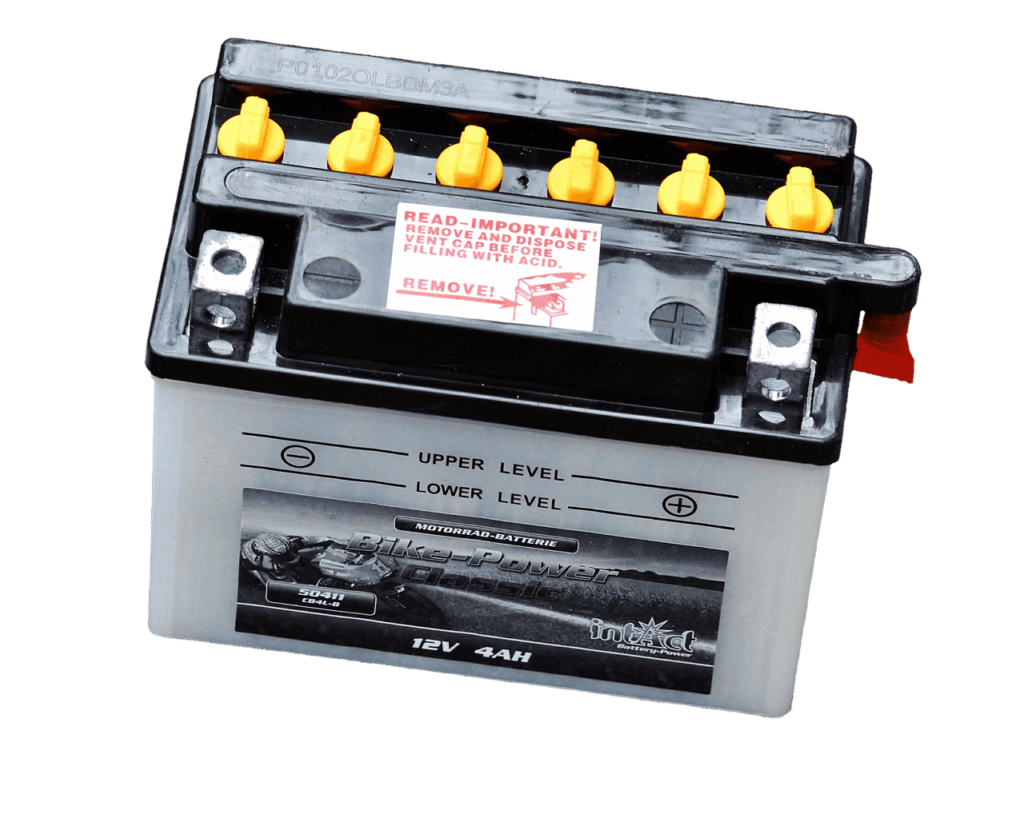Solar Battery Storage Ghana: Revolutionizing Energy Independence
Solar Battery Storage Ghana provides a reliable solution for energy needs, leveraging abundant sunlight. It ensures power availability during outages.
Ghana experiences frequent power outages, which affect homes and businesses. Solar battery storage offers a sustainable and reliable energy solution. Harnessing solar power through photovoltaic panels and storing it in batteries ensures continuous electricity. This technology not only supports energy independence but also reduces reliance on the national grid.
Solar battery systems can be customized to meet specific energy needs, making them ideal for both urban and rural areas. As Ghana continues to develop, investing in solar battery storage becomes crucial for a stable and eco-friendly energy future. This solution promotes sustainability and economic growth while addressing energy challenges.

Introduction To Solar Battery Storage
Solar battery storage is transforming how we use solar energy. These batteries store energy from solar panels for later use. This ensures a consistent power supply, even during cloudy days or at night. Solar battery storage is crucial for both homes and businesses. In Ghana, adopting solar battery storage can help reduce reliance on unreliable power grids.
Importance In Modern Energy Systems
Solar battery storage plays a vital role in modern energy systems. It ensures a steady energy supply, reducing the impact of power outages. With solar batteries, energy from the sun is stored and used when needed. This helps in balancing energy demand and supply effectively.
Using solar battery storage also reduces electricity bills. By storing excess solar energy, you can use it during peak times when electricity rates are higher. This makes solar battery storage cost-effective and efficient.
Global Adoption Trends
The adoption of solar battery storage is growing globally. Many countries are investing in solar battery technology to improve energy reliability. For example, the United States, Germany, and Australia are leading in solar battery installations. These countries have seen significant benefits in energy savings and grid stability.
In Africa, Ghana is slowly catching up with global trends. More homes and businesses in Ghana are adopting solar battery storage. This shift is driven by the need for reliable and sustainable energy solutions. As more people recognize the benefits, the demand for solar battery storage in Ghana continues to rise.
Below is a table showing some key benefits of solar battery storage:
| Benefit | Description |
|---|---|
| Energy Independence | Reduces reliance on the national grid. |
| Cost Savings | Lowers electricity bills by using stored solar energy. |
| Environmental Impact | Reduces carbon footprint by using clean energy. |
Current Energy Landscape In Ghana
Ghana’s energy landscape is rapidly evolving. The country is transitioning towards sustainable energy solutions. Solar battery storage is becoming a key player.
Reliance On Traditional Energy Sources
Ghana relies heavily on traditional energy sources like hydropower. Hydropower accounts for about 64% of the country’s electricity. Fossil fuels also play a significant role. Thermal plants powered by natural gas and oil contribute to the grid. This reliance poses some challenges. Hydro plants face issues during dry seasons. Fossil fuels are costly and pollute the environment.
| Energy Source | Percentage of Total Electricity |
|---|---|
| Hydropower | 64% |
| Fossil Fuels | 30% |
| Other Renewables | 6% |
Challenges With Grid Reliability
Grid reliability is a major concern in Ghana. Frequent power outages disrupt daily life. Businesses suffer from these outages. Poor infrastructure is a primary cause. Many areas lack proper maintenance and upgrades. Solar battery storage offers a solution. It ensures a stable energy supply.
- Reduces reliance on the grid
- Provides backup during outages
- Supports renewable energy integration
Solar battery storage can improve energy reliability. It stores excess solar power for later use. This technology is crucial for a sustainable future in Ghana.
Benefits Of Solar Battery Storage
Solar battery storage in Ghana offers many benefits. Households and businesses can gain energy independence and save money over time. Let’s explore these benefits in detail.
Enhanced Energy Independence
Solar battery storage provides enhanced energy independence. Ghana faces frequent power outages. With solar batteries, you can store energy for use during outages. This means you rely less on the national grid.
Solar batteries store surplus energy generated during the day. This stored energy can be used at night or on cloudy days. This ensures a constant power supply. Your home or business remains operational even during blackouts.
Energy independence also means reduced dependency on fossil fuels. Solar energy is a renewable resource. Using it helps reduce carbon footprint and promotes environmental sustainability.
Cost Savings Over Time
Solar battery storage offers significant cost savings over time. Initial installation costs may seem high. However, the long-term savings are worth it.

With solar batteries, you use stored energy when electricity rates are high. This reduces your electricity bills. Over time, the savings offset the initial investment.
Let’s look at a simple cost comparison:
| Month | Without Solar Battery | With Solar Battery |
|---|---|---|
| 1 | $100 | $60 |
| 2 | $100 | $60 |
| 3 | $100 | $60 |
| 4 | $100 | $60 |
Over four months, you save $160. Imagine the savings over a year or more! Solar battery storage is a smart investment for long-term cost reduction.
Solar batteries also reduce maintenance costs. Solar energy systems are low-maintenance. This further adds to your savings.
Investing in solar battery storage in Ghana can bring numerous benefits. From enhanced energy independence to significant cost savings, the advantages are clear.
Technological Advancements
Solar battery storage in Ghana is evolving rapidly. New technologies are making these systems more efficient and smarter. These advancements help in better energy management and cost savings.
Battery Efficiency Improvements
The efficiency of solar batteries has improved significantly. Modern batteries can store more energy and last longer. This means fewer replacements and lower costs.
- Higher energy density
- Longer battery life
- Reduced maintenance costs
New materials are being used in batteries. These materials make batteries more durable and efficient. They also make batteries safer.
Integration With Smart Grids
Smart grids help in managing energy better. They make sure energy is used efficiently. Solar battery storage systems are now being integrated with smart grids.
| Feature | Benefit |
|---|---|
| Real-time monitoring | Better energy management |
| Automated control | Improved efficiency |
| Load balancing | Reduced energy waste |
Smart grids can predict energy needs. They can adjust the energy flow accordingly. This helps in reducing energy waste and saving costs.
Case Studies In Ghana
Ghana has embraced solar battery storage systems. This shift is transforming energy access. Explore real-life case studies in Ghana. Understand the success stories and lessons learned.
Successful Implementations
Several communities in Ghana now use solar battery storage. These systems bring reliable energy to remote areas. Let’s look at some successful implementations.
| Community | System Size | Impact |
|---|---|---|
| Village A | 50 kWh | 24/7 power for 200 homes |
| Village B | 100 kWh | Uninterrupted power for a school |
| Village C | 75 kWh | Power for local businesses |
Village A now has 24/7 power. This benefits 200 homes. Village B enjoys uninterrupted power. This helps a local school. Village C powers local businesses. This boosts the economy.
Lessons Learned
Implementing solar battery storage in Ghana has taught us a lot. Here are some key takeaways:
- Community Involvement: Engage locals from the start. This ensures better adoption.
- Maintenance Training: Train local technicians. This ensures long-term system health.
- Customized Solutions: Tailor systems to community needs. This maximizes benefits.
Engaging the community is crucial. It ensures better system adoption. Local technicians need training. This keeps systems running smoothly. Custom solutions work best. They meet specific community needs.
Current Policies Supporting Solar
Ghana has several policies to support solar energy. These include tax exemptions and import duties waivers. These policies make solar installations more affordable. They encourage both businesses and households to use solar energy.
- Tax Exemptions: Solar equipment is exempt from VAT.
- Import Duties Waivers: No import duties on solar panels and batteries.
- Renewable Energy Fund: Provides loans for solar projects.
Challenges And Barriers
Exploring solar battery storage in Ghana reveals various challenges and barriers. These obstacles can slow down the adoption of solar energy solutions in the country. Understanding these challenges is crucial for developing effective strategies.
Financial Constraints
Solar battery storage systems require a significant investment. The initial cost of the equipment is high. Many households and businesses in Ghana cannot afford these costs.
Additionally, access to financing options is limited. Banks and financial institutions may not provide loans for solar projects. This financial barrier makes it difficult for many to switch to solar energy.
Technical And Logistical Issues
There are several technical and logistical issues associated with solar battery storage in Ghana. First, the country’s infrastructure can be inadequate. Poor road conditions can delay the transportation of solar equipment.
Second, there is a shortage of skilled technicians. Installing and maintaining solar systems require specialized knowledge. The lack of trained professionals can lead to improper installations and system failures.
Third, storage conditions can be problematic. High temperatures and humidity can affect battery performance. Proper storage facilities are needed to maintain the efficiency of the batteries.
Finally, the availability of spare parts is limited. If a component fails, finding a replacement can be challenging. This can result in prolonged downtimes and increased costs.
Future Prospects
Solar battery storage in Ghana has a promising future. As technology advances, new opportunities emerge for solar energy. The growth of solar adoption and its impact on the energy sector are key to this bright future.
Predicted Growth In Solar Adoption
The adoption of solar energy in Ghana is set to rise. Experts predict a significant increase in solar installations. This growth is driven by decreasing costs of solar panels and batteries. More households and businesses are likely to switch to solar power.
| Year | Solar Installations (in MW) |
|---|---|
| 2023 | 100 |
| 2024 | 150 |
| 2025 | 200 |
Long-term Impact On Energy Sector
The long-term impact of solar battery storage on Ghana’s energy sector is profound. Solar energy reduces dependence on fossil fuels. This shift helps reduce greenhouse gas emissions. Cleaner air and a healthier environment benefit everyone.
Solar battery storage also provides energy stability. During power outages, stored solar energy keeps homes and businesses running. This reliability is crucial for economic growth. Businesses can operate without disruption, boosting productivity.
- Reduced energy costs for consumers
- Increased energy independence
- Job creation in the renewable energy sector
The future of solar battery storage in Ghana looks bright. With growing adoption and significant impacts, it promises a sustainable energy future.
Frequently Asked Questions
What Is Solar Battery Storage?
Solar battery storage allows you to store excess solar energy. This stored energy can be used when sunlight is unavailable.
Why Use Solar Battery Storage Ghana?
Ghana’s abundant sunlight makes solar battery storage efficient. It helps reduce electricity costs and provides backup during power outages.
How Does Solar Battery Storage Work?
Solar panels generate electricity, which charges the batteries. Stored energy is then used when solar panels aren’t producing electricity.
What Are The Benefits Of Solar Battery Storage?
Solar battery storage reduces electricity bills and reliance on the grid. It also provides backup power during outages.
Conclusion
Solar battery storage in Ghana offers sustainable energy solutions. It reduces electricity costs and promotes environmental conservation. Embracing this technology can lead to energy independence. Businesses and households will benefit from reliable and renewable power sources. Invest in solar battery storage to secure a greener and more efficient future for Ghana.
